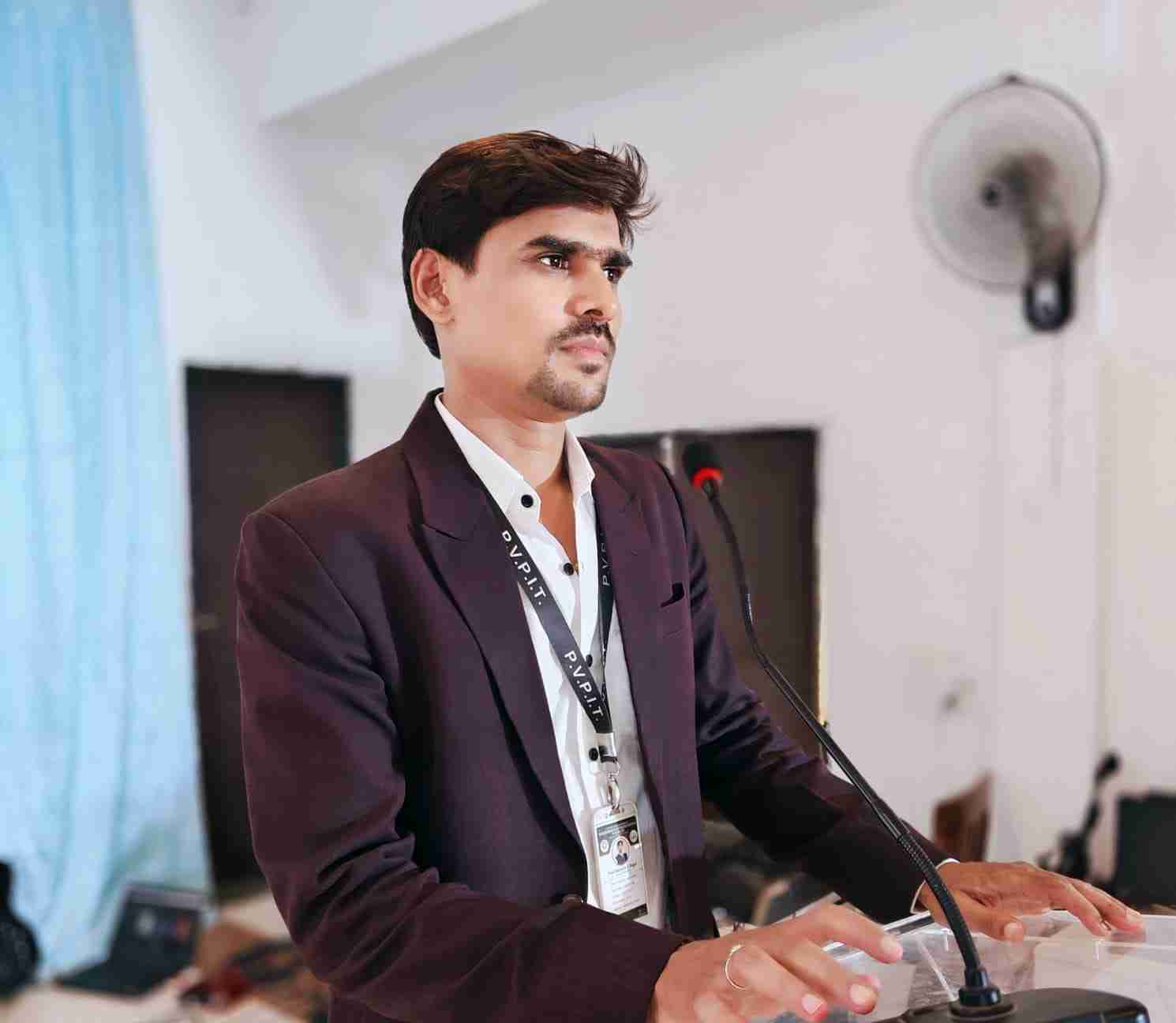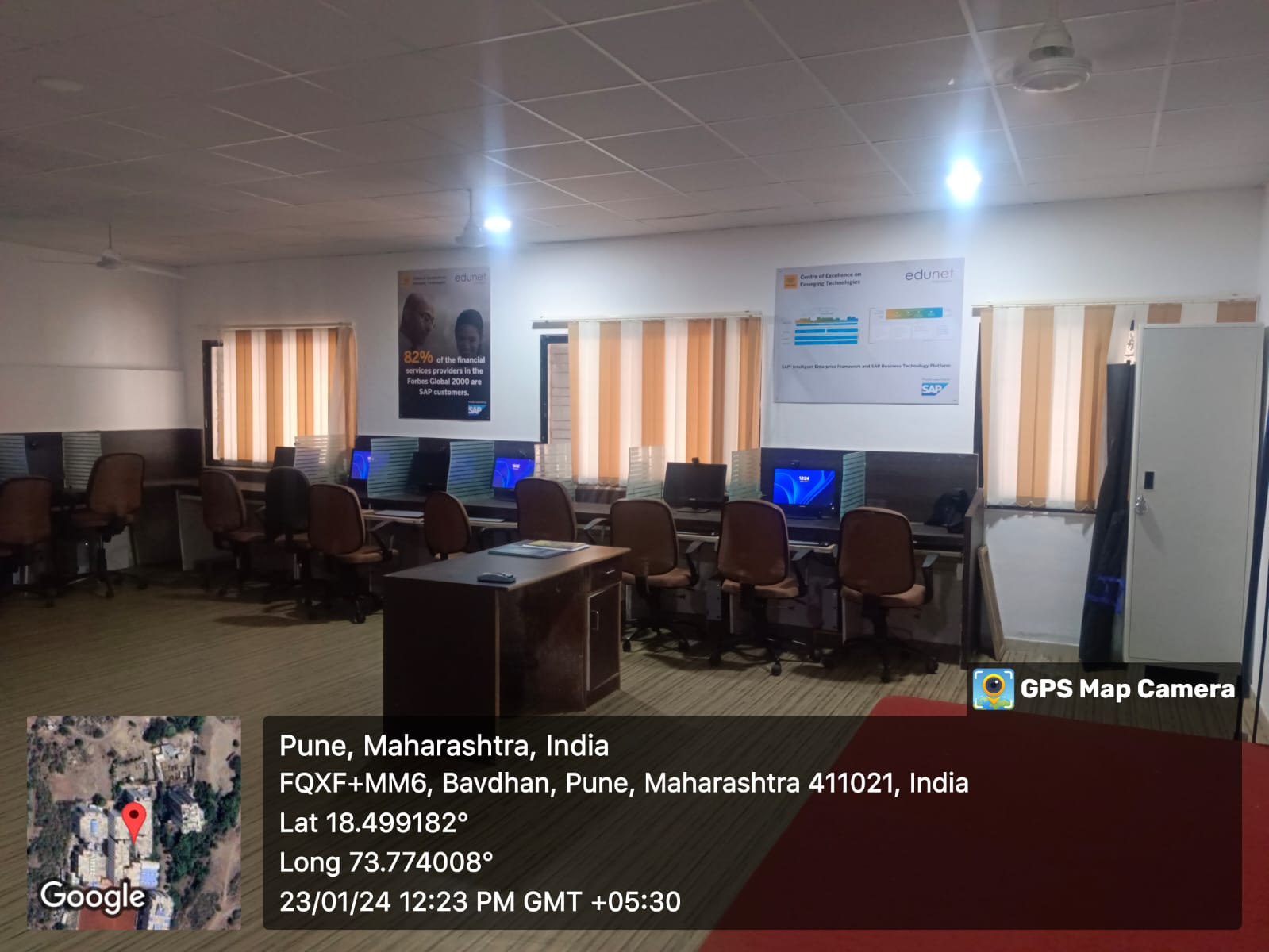Computer Science & Engineering in Data Science
Being one of the most crucial assets for organizations, data has become the very important component for the organization to understand the current as well as future aspects. From healthcare to finance to pharmaceuticals, organizations are increasingly recognizing the importance of implementing data-driven decisions. In an attempt to develop multiple methods to harness data, the scope of data science and relevant jobs in India are rapidly getting popular. The data scientist job market in India is likely to grow in the future.
From this academic year we have introduced the new course Computer Science & Engineering (Data Science) keeping in the mind the current trends in Data Science and the career associated to it having the highest salary packages. Especially in a developing country like India, there is scope for huge data-related operations such as data scientists, data analytics, big data engineers, big data managers, and data architects.
In every Industry the understanding the data is most important to find the outcome in every aspect for analyzing the future trends and patterns for that purpose the skilled students need to be prepared ,for this purpose the Computer Science & Engineering (Data Science) fulfills the need .

Prof.Sonia Waghmare
HOD, Computer Engineering (Data Science)
M.E
Program Educational Objectives (PEO)
- PEO1: Have abilities for a successful professional career.
- PEO2: Have an ability to address real life problems using modern tools and techniques.
- PEO3: Have an ability to build enterprise for betterment of society ethically.
Program Specific Outcomes (PSO)
- PSO1 Professional Skills:The ability to understand, analyze and develop computer programs in the areas related to Algorithms, System Software, Machine Learning, Artificial Intelligence, Web Applications, Big Data Analytics and Networking for efficient design of computer-based systems of varying complexity.
- PSO2 Problem-Solving Skills: The ability to apply standard practices and strategies in software/embedded project development using Open-ended programming environments to deliver a quality product for business success.
- PSO3 Successful Career and Entrepreneurship: The ability to employ modern computer languages, environments, and platforms in creating innovative career paths to be an entrepreneur and a zest for higher studies.
Program Outcomes (PO)
- PO1 Engineering knowledge: Apply the knowledge of mathematics, science, Engineering fundamentals, and an Engineering specialization to the solution of complex Engineering problems.
- PO2 Problem analysis: Identify, formulate, review research literature and analyze complex Engineering problems reaching substantiated conclusions using first principles of mathematics, natural sciences and Engineering sciences.
- PO3 Design / Development of Solutions: Design solutions for complex Engineering problems and design system components or processes that meet the specified needs with appropriate consideration for the public health and safety, and the cultural, societal, and Environmental considerations.
- PO4 Conduct Investigations of Complex Problems: Use research-based knowledge and research methods including design of experiments, analysis and interpretation of data, and synthesis of the information to provide valid conclusions.
- PO5 Modern Tool Usage: Create, select, and apply appropriate techniques, resources, and modern Engineering and IT tools including prediction and modeling to complex Engineering activities with an understanding of the limitations.
- PO6 The Engineer and Society: Apply reasoning informed by the contextual knowledge to assess societal, health, safety, legal and cultural issues and the consequent responsibilities relevant to the professional engineering practices.
- PO7 Environment and Sustainability: Understand the impact of the professional Engineering solutions in societal and Environmental contexts, and demonstrate the knowledge of, and need for sustainable development.
- PO8 Ethics: Apply ethical principles and commit to professional ethics and responsibilities and norms of Engineering practice.
- PO9 Individual and Team Work: Function effectively as an individual, and as a member or leader in diverse teams, and in multidisciplinary settings.
- PO10 Communication Skills: Communicate effectively on complex Engineering activities with the Engineering community and with society at large, such as, being able to comprehend and write effective reports and design documentation, make effective presentations, and give and receive clear instructions.
- PO11 Project Management and Finance: Demonstrate knowledge and understanding of Engineering and management principles and apply these to one’s own work, as a member and leader in a team, to manage projects and in multidisciplinary Environments.
- PO12 Life-long Learning Recognize: the need for, and have the preparation and ability to engage in independent and life-long learning in the broadest context of technological change.
SAP Lab
The SAP Lab, an integral component of the SAP Code Unnati program established by the company for PVPIT College, has significantly enriched the educational experience. An SAP Lab typically refers to a research and development (R&D) center or facility that is part of SAP SE, a German multinational software corporation.
Artificial Intelligence Lab
AI Lab (Artificial Intelligence Laboratory) is a research facility focused on the development, testing, and application of artificial intelligence technologies. its work on different aspects of AI, such as machine learning, natural language processing, robotics, and computer vision.







